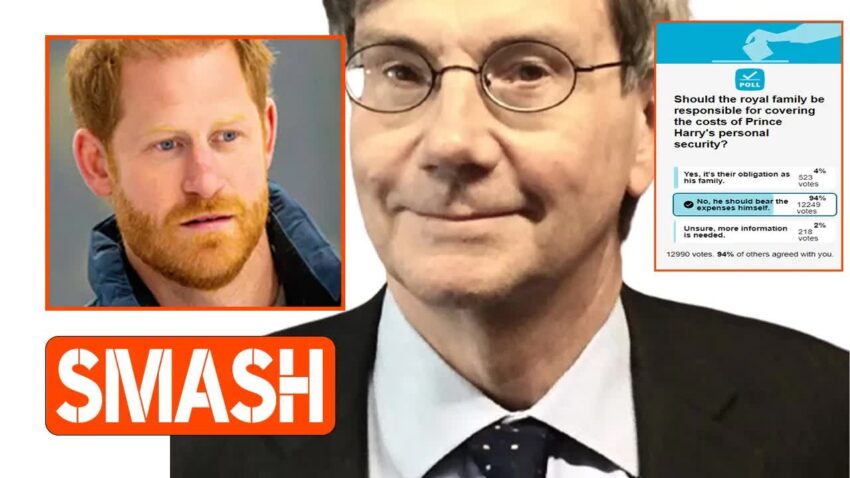Prince Harry faced a setback in his legal battle over the downgrading of his security arrangements as Judge Sir Peter ruled against his demands at the High Court.
The Duke of Sussex had taken the Home Office to court, questioning the decision to reduce his police protection following his departure from royal duties with Meghan Markle in early 2020.
In court documents, it was revealed that Prince Harry sought to identify the individuals responsible for the downgrade in his security detail and even demanded their names.
However, the judge stated that Harry had not provided sufficient evidence to prove that the change in protection was unjust or illegal, potentially leaving him liable for substantial legal costs.
Citing concerns for his safety and that of his family, Prince Harry drew parallels to the risks faced by his late mother, Princess Diana, who tragically died in a car crash while being pursued by paparazzi in 1997.
The ruling disclosed that during a visit to Manchester in September 2022, Harry expressed apprehensions about his security when using public transportation with Meghan.
The government argued that the level of protection provided to Prince Harry should be tailored based on individual circumstances rather than a blanket provision for all former royals.
They emphasized the need to allocate limited public resources judiciously, particularly to those actively serving state interests through their public roles.
Despite Harry’s assertions that his status as a prince and a member of the royal family warranted continued high-level security, the judge commended the expertise of the committee responsible for security decisions and affirmed the validity of their assessment in his ruling.
He noted that the committee had considered Harry’s background and potential threats before making their decision.
Following the court’s decision, Prince Harry’s spokesperson announced plans to appeal the ruling, emphasizing a desire for fair treatment under the established security protocols.
With legal costs estimated to exceed £1 million, Harry may be required to cover both his own legal expenses and those of the Home Office unless his appeal is successful.
The government’s legal costs related to the case had already surpassed £400,000 by October of the previous year, underscoring the financial implications of the protracted legal dispute.
As Prince Harry navigates the aftermath of the court ruling, he faces the prospect of assuming responsibility for his security arrangements, particularly during visits to the UK.
In response to criticisms suggesting that Prince Harry and Meghan Markle’s choices led to the reduction in their security coverage, supporters of the royal family have pointed out that the couple’s decision to step back from their official roles and relocate to the United States played a pivotal role in the security downgrade.
They argue that self-sufficiency should accompany independence from royal duties.
As the legal battle unfolds, Prince Harry finds himself at a crossroads, balancing the expectations of security entitlement with the practicalities of his altered royal status.
The outcome of his appeal will determine not only the financial implications but also the broader implications for his security arrangements in the UK.
